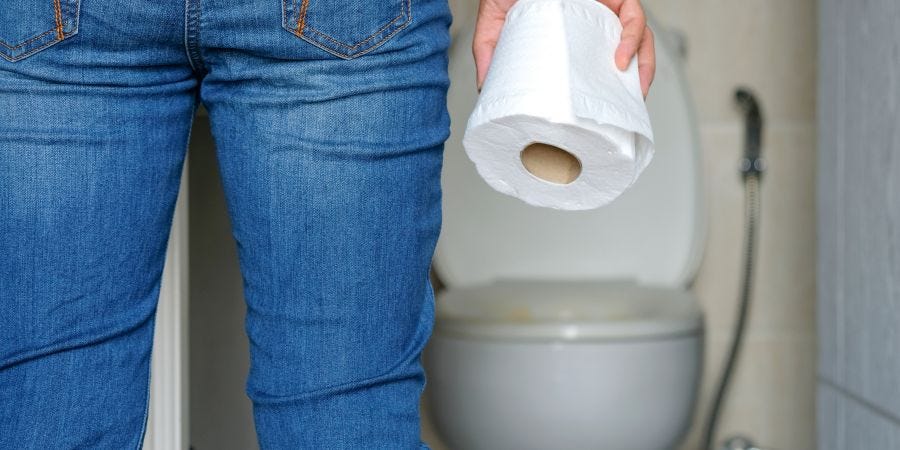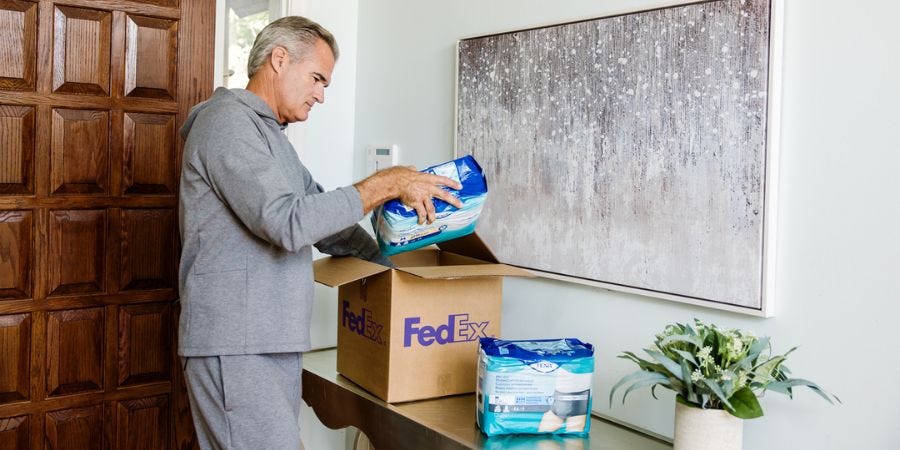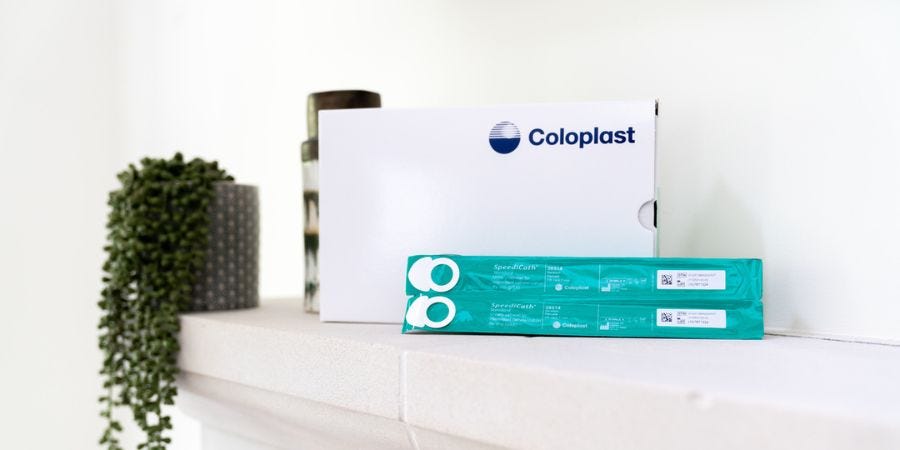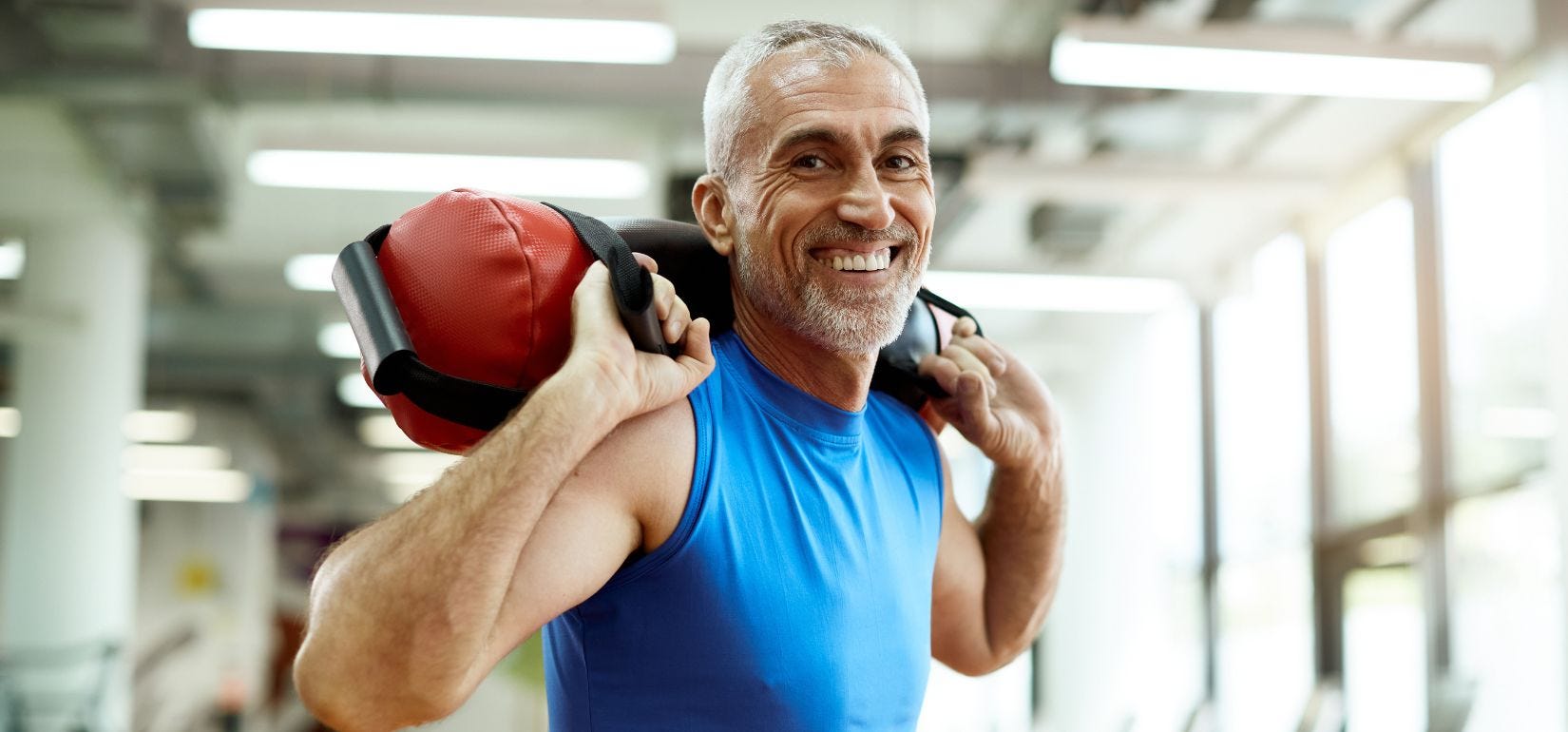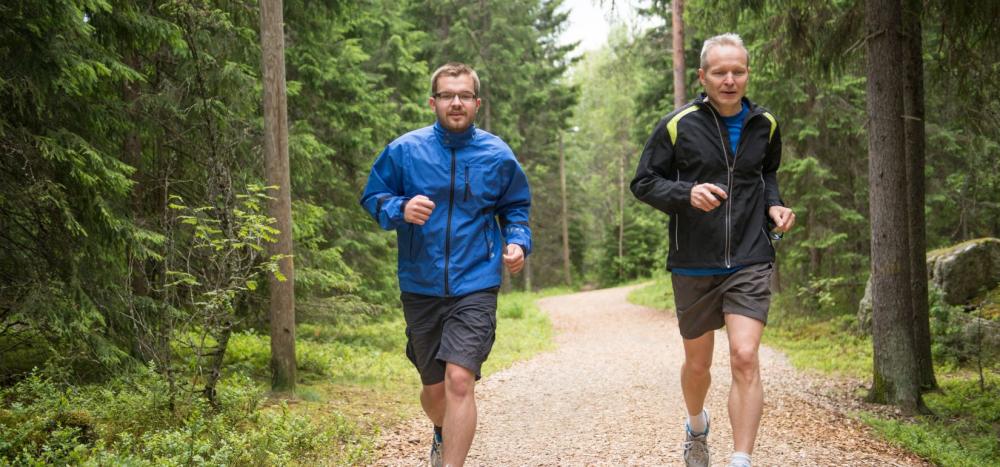Key Takeaways:
- Sitting while urinating aids in muscle relaxation, benefiting men with tight pelvic floor muscles or symptoms of enlarged prostate.
- Sitting to pee enhances stability, reduces the risk of falls, and minimizes messiness, especially for those with mobility or balance issues.
- Normalizing sitting while urinating is essential to empower men without judgment or prejudice.
It’s long been normalized for men to stand while peeing, but sitting while urinating may have some health benefits.
Learn about the advantages of sitting while peeing in this post.
Check Your Eligibility
In Under 2 Minutes!
Discover the male bladder control supplies available through your insurance plan.
Jump To:
Is It Better for a Man to Sit or Stand When Peeing?
4 Benefits of Sitting Down to Pee
The Best Way to Sit on the Toilet
Get Free Bladder Control Supplies for Men
INCONTINENCE PRODUCTS THROUGH INSURANCE:
Aeroflow Urology is in-network with many Medicaid and Medicaid-managed insurance plans and is accredited by Medicaid. Complete our Eligibility Form, and we’ll automatically check to see if your plan covers incontinence supplies. ***Must meet certain requirements to qualify.***
You will also receive the care and attention every person managing incontinence deserves: A personalized list of 100% insurance-covered incontinence supplies, a dedicated Continence Care Specialist you can contact during business hours, a user-friendly online portal for easy monthly reordering, and educational content.
Get the continence care you need with the dignity you deserve. Join the Aeroflow Urology family today! It only takes 5 minutes to get started.
Is It Better for a Man to Sit or Stand When Peeing?
While there is no conclusive evidence to support that sitting down to urinate is better or more beneficial than standing, men may choose to sit down if it’s more comfortable.
Some men also report that sitting down is a cleaner way to urinate if they find it challenging to relax their pelvic floor muscles while standing to pee, especially if they have an enlarged prostate.
However, there is some research that suggests that men who have enlarged prostate issues might be able to empty their bladder more effectively when sitting.
The underlying socio-cultural stigma related to meaning associated with men who sit down to pee plays a role in deterring men from sitting while urinating. However, it’s important to normalize sitting down to urinate if men want to, as many men find it easier, cleaner, and more comfortable compared to standing.
4 Benefits of Sitting Down to Pee
There are some benefits of sitting down when urinating.
1. Relaxes the Pelvic Floor Muscles
Sitting when peeing may help relax your pelvic floor muscles if you have difficulty relaxing those muscles when emptying your bladder. You may have issues relaxing these muscles if you have tight pelvic floor muscles or symptoms of an enlarged prostate.
2. Helps With Balance
If you have balance, dexterity, postural hypotension, mobility, energy, or other challenges that impact your ability to stand safely to urinate, sitting down can help.
3. Less Messy
Sitting down to pee can be less messy than trying to aim your urine into the toilet when standing.
4. Increases Comfortability


Sitting to urinate can generally be more comfortable than standing, especially if you experience mobility, balance, or dexterity issues.
The Best Way to Sit on the Toilet
There is no “best posture” that men should use while sitting down to urinate. However, sensible posture advice while sitting to urinate is to find a position that’s comfortable for you. The posture you assume while peeing while sitting should allow you to safely sit down and get up from the toilet without risking falling.
In addition, you may want to loosen your lower-body clothing (i.e., belt, pants, underwear) enough to separate your legs comfortably to reduce mechanical compression on your urethra.
References
de Jong, Y., Pinckaers, J. H. F. M., ten Brinck, R. M., Lycklama à Nijeholt, A. A. B., & Dekkers, O. M. (2014). Urinating Standing versus Sitting: Position Is of Influence in Men with Prostate Enlargement. A Systematic Review and Meta-Analysis. PLoS ONE, 9(7), e101320. https://doi.org/10.1371/journal.pone.0101320
Disclaimer
Information provided on the Aeroflow Urology blog is not intended as a substitute for medical advice or care from a healthcare professional. Aeroflow recommends consulting your healthcare provider if you are experiencing medical issues relating to incontinence.


